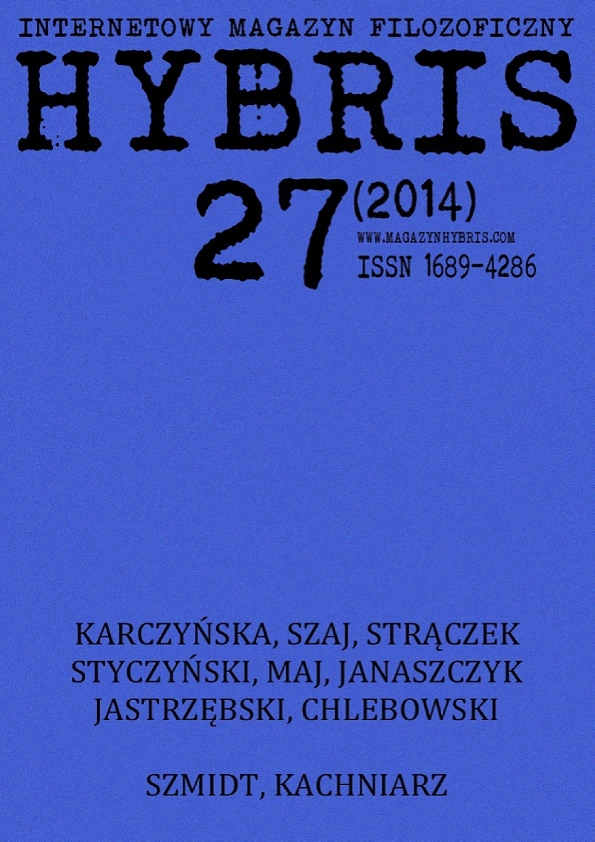KRYTYKA ROZUMU ARABSKIEGO. WSPÓŁCZESNA MYŚL ARABSKA WOBEC ZAGADNIENIA ROZUMU I POZNANIA
CRITIQUE OF THE ARAB MIND. CONTEMPORARY ARAB THOUGHT IN THE CONTEXT OF THE ISSUES OF REASON AND COGNITION
Author(s): Eliza KarczyńskaSubject(s): Epistemology, Middle-East Philosophy, Philosophy of Mind, Cognitive Psychology, Contemporary Islamic Thought
Published by: Wydawnictwo Uniwersytetu Łódzkiego
Summary/Abstract: In this article I will present different stands of Arab scholars with respect to one of the key issues of Orientalism — the Arab mind. The assumption of individuality and invariable nature of Arab mind was one of the foundations of the oriental thought. With the development of postcolonial thought in the second half of the 20th century, some Arab scholars rejected this assumption, while the others tried to redefine its essence. Hence, the study of such issues as reason and cognition was so important. According to Mohammad Abed Al-Jabri, what distinguishes Arab reason is the fact that in Islamic philosophy the connection between epistemology and ideology was much stronger than in the European culture. As a result, Islamic philosophy used epistemology and logic not for the sake of uncovering the ‘truth’, but in the defence of its own ideological claims. Al-Jabri argues that in order to understand contemporary Arab-Islamic thought it is necessary to study its beginning (VII–IX centuries AD), since instruments of reason established in that period have remained until today. Other philosophers, like Mohammed Arkoun place Arab reason in wider context of reason as such. The knowledge of the way of cognition within Arab culture seems to be the key to understanding of their world.
Journal: Internetowy Magazyn Filozoficzny HYBRIS
- Issue Year: 2014
- Issue No: 27
- Page Range: 1-19
- Page Count: 19
- Language: Polish

